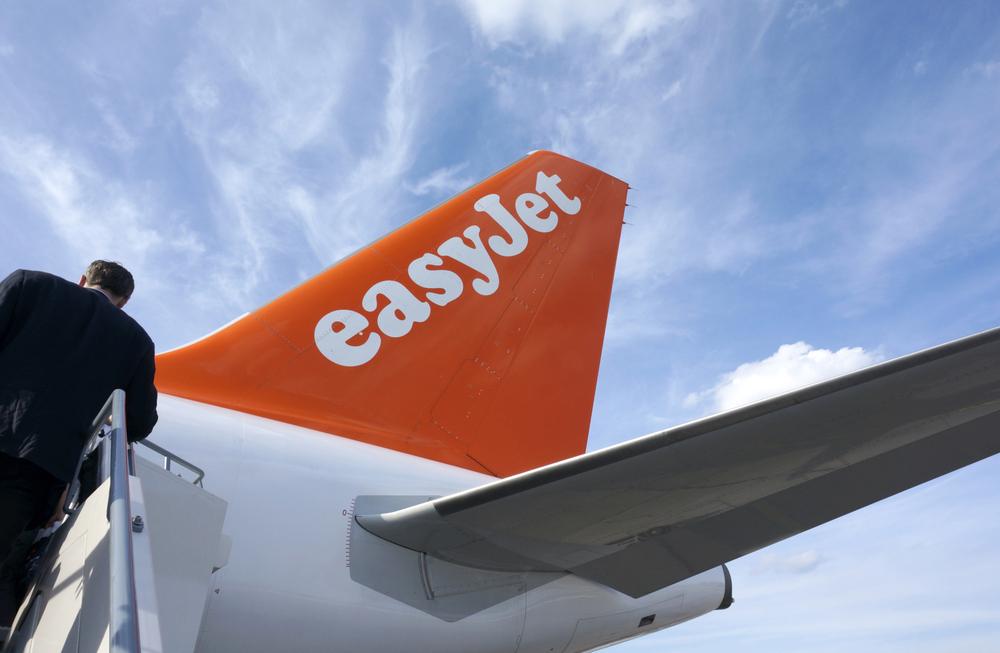EasyJet (LON:EZJ) today released its trading statement for the third quarter reporting a ‘difficult and uncertain operating environments’, the negative language used in the release has led to a 6% fall in shares.
EasyJet reported that total revenue in its Q3 ending June 30 had dipped 2.6% to £1.196m driven by the impact of sale cancellations across the markets. The airline had however increased passengers carried by 5.8% to 20.2m as capacity rose by 5.5% to 21.9m seats.
As a result of the dip in revenue, total revenue per seat (yields) fell 7.7% reporting a constant currency basis at £54.54 per seat.
The company recently reported that air traffic control strikes and a disruption in bookings in the aftermath of the Egyptair plane crash had knock on effects in its revenue per seat outcome. In what has been a difficult period for the Luton based company, increasing threat of terror attacks across Europe as well as Brexit has sent company’s shares down 39% over the last six months.
EasyJet faces further geo political challenges as it reports that the recent terror attacks in Nice, France and the recent failed coup in Turkey have highly impacted passenger activity. The airline suffered a total 1,121 cancellation in its Q3 compared to 726 in the same period last year. It states that these cancellations were mainly driven by runway closures at Gatwick, severe weather and air traffic congestion issues costing up to £20m.
One of the company’s biggest challenges was its short haul flight capacity due to its short range distance to destinations such as France, where it operates a margin of 65% capacity as well as an exposure of 37% in London’s airspace. As a result of flight cancellations and air traffic congestion, the airline experienced a 350% increase in delay minutes from June last year.
EasyJet Chief Executive, Carolyn McCall said:
“The economic and operating environment has been difficult in the third quarter due to a number of factors including air traffic control strikes and other industrial action, runway closures at London Gatwick and severe weather.
These factors combined with industry capacity growth in short haul continue to have an impact on industry yields at a peak time of year. More recently currency volatility as a result of the UK’s referendum decision to leave the EU as well as the recent events in Turkey and Nice continue to impact consumer confidence”
The disruption comes just as company is due to expect the summer vacation season to take full swing and is hoping that this will boost its sales performance, casting a shadow over the ability of the airline to meet full year targets.
21/07/16

